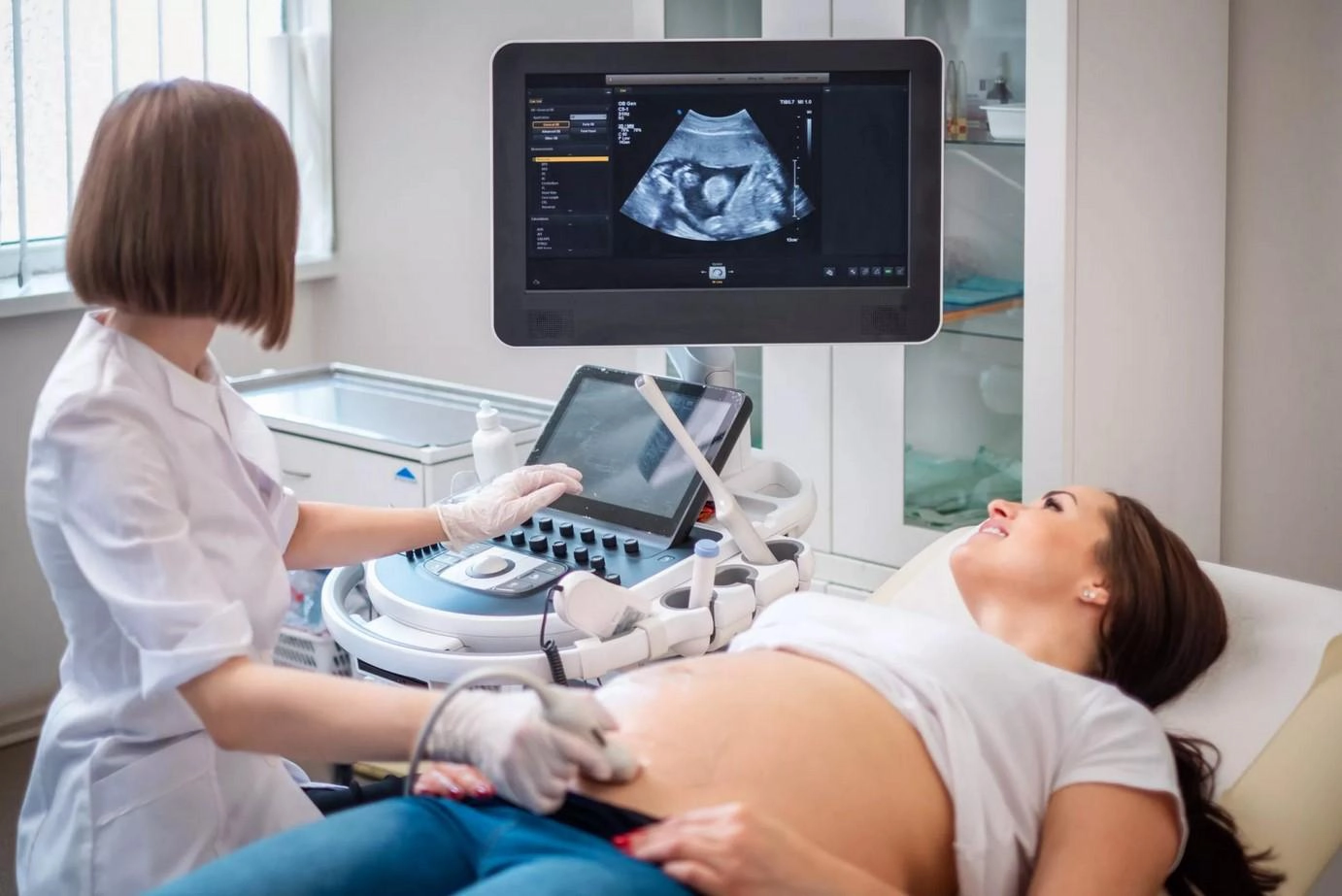Surrogacy in New Jersey

Surrogacy in New Jersey: What Intended Parents May Expect From the Garden State
New Jersey Gestational Carrier Agreement Act permits surrogacy in New Jersey. However, this regulation applies only to gestational surrogacy. In contrast, traditional (genetic) surrogacy is allowed only if it’s on an uncompensated basis and no prior agreement to give the child after one’s been delivered. To terminate the surrogate mother’s parental rights and remove her name from the baby’s birth certificate, intended parents need to adopt one.
The surrogacy law in New Jersey also allows same-sex couples to have children through surrogacy. Male gay couples can obtain an initial birth certificate naming both partners as Parents, but only through a post-birth order. A biological dad will be named Father, and the non-biological parent can get parental rights through adoption within 3 months of the child’s birth.

What Does Surrogacy in New Jersey Cost?
The average cost of surrogacy in New Jersey is one of the most expensive in the U.S., and it ranges from $120,000 to $210,000. This wide range of prices is due to the uniqueness of each case of infertility, which requires an individualized medical solution. The estimation of the approximate fees includes:
- medical screening at the fertility clinic
- IVF, associated medicines, and embryo transfer
- legal charges
- prenatal and delivery care
- gestational carrier compensation
- surrogacy agency fees

Surrogate Mother New Jersey Requirements
If a female is willing to participate in a surrogacy process as a gestational carrier, there are specific criteria she needs to meet. They are as follows:
- the age of 21-40 years old;
- gave birth to at least one healthy child;
- no records of prior pregnancy complications (such as no deliveries before 35 weeks, unless she delivered twins or more);
- under 2 C-sections if any accrued;
- under 5 deliveries in total;
- >a stable financial position with no government assistance (State-funded insurance, Food stamps,
- WIC, Housing, AFDC);
- clear criminal background records;
- no harmful habits and addictions (non-smoker and non-drug user);
- U.S. citizenship or permanent residency status;
- the appropriate height and weight BMI (body mass index);
- provide medical records to the fertility clinic
- no active sexually transmitted diseases, cancer, substance abuse, excessive medicine use, and prior chemo- or radiation therapy;
- agreement to undergo a psychological evaluation;
- her husband/partner is undergoing medical testing;
- adherence to all screening and counselling protocols and entire devotion to intended parents

How to Choose a Surrogacy Agency in New Jersey?
The first thing intended parents should know is that there is no such thing as the best surrogacy agency in New Jersey simply because every surrogacy journey is unique, and there is no one-size-fits-all solution. Here are some tips on how to find a perfect match.
- Learn whether the agency provides its clients with full-service support: from matching intended parents with egg donors and surrogate mothers to post-delivery care.
- Commissioning couples should discover whether the agency offers legal support for the LGBT community since they may need additional judicial procedures to obtain parental rights over the child.
- Find out the exact pricing policy. In order not to be scammed or mislead by hidden costs for some procedures, it is advisable to do profound research on the total expenses.

Final Thoughts
When it comes to fertility and delivering a child subject, it is essential to research all options to ensure intended parents’ interests and concerns. Surrogacy in New Jersey is a legal practice. The state provides opportunities for couples and singles who are willing to expand their family through surrogacy and women who want to become surrogate mothers. It is recommended to do research first to find the top individual solution.

